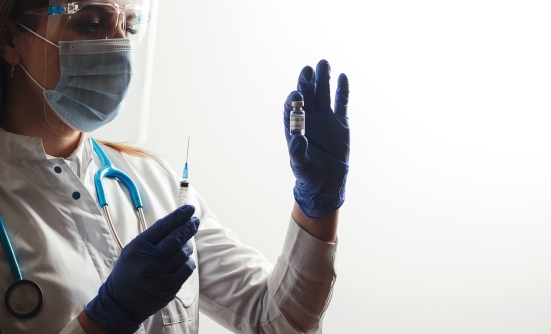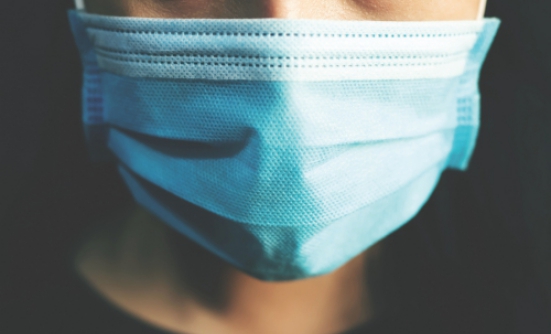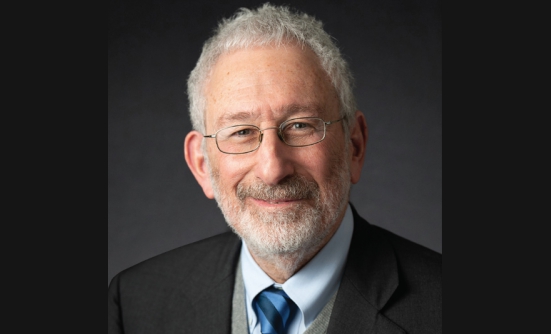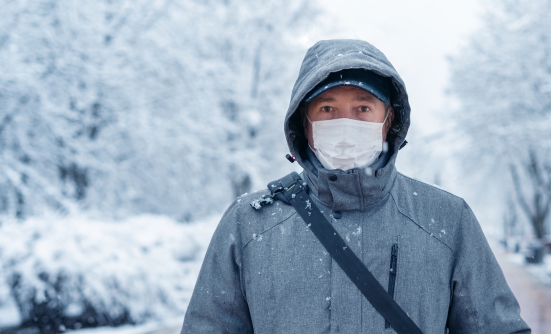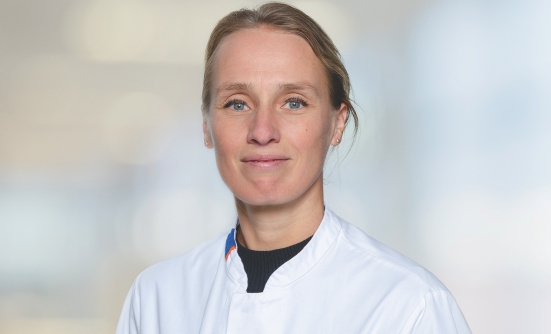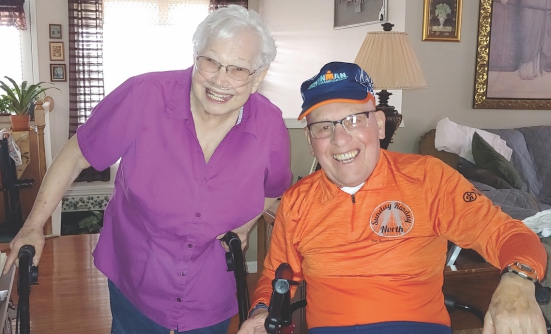Evidence has shown that patients with cancer overall are at increased risk of severe COVID-19 disease, especially those with blood cancers, lung cancer, or metastatic (advanced cancer that is spreading) cancers.1 At the same time, patients affected by cancer, including cancer survivors and those who are receiving active treatment, have concerns about safety and effectiveness of the new COVID-19 vaccines.
Safety Concerns
Some people wonder if their immunocompromised condition as a result of their cancer diagnosis or the anti-cancer therapies they are receiving, or have received in the past, may make the vaccine less safe for them or may affect their immune system in some way.
In December 2020, the European Society for Medical Oncology (ESMO) released several statements related to patients with cancer and COVID-19, including the new vaccines.2 According to ESMO, the current evidence shows that the mRNA vaccines against COVID-19 are safe for patients with cancer who are receiving immunosuppressive therapy.2
Oncologists at Dana-Farber Cancer Institute in Boston, Massachusetts, agree that there is no reason to think that the COVID-19 vaccine is less safe for people with cancer than for people without cancer. In a March 18, 2021, blog, Dana-Farber Cancer Institute experts recommended that cancer survivors and patients with cancer who are receiving active therapy (with few exceptions) should receive the COVID-19 vaccine.3
Effectiveness Concerns
The second concern often voiced is whether people who are receiving immunosuppressing therapies for cancer can mount an effective response to the COVID-19 vaccine, or whether anti-cancer therapy makes the vaccine less effective for them.
Furthermore, if the vaccine is less effective because of immunosuppressing therapy, that may create a false sense of security in patients, who may believe they have good immunity but in fact they are still vulnerable to contract the coronavirus and have severe disease.
Overall, evidence from current studies show that patients with cancer have a response to the mRNA vaccines that is similar to the response of people without cancer.2,3
According to experts at the Dana-Farber Cancer Institute, evidence from flu vaccinations suggests that patients with cancer would be able to mount a protective immune response to the COVID-19 vaccine, but they note that more data are needed to determine the exact level of that response in immunocompromised patients.3
“Vaccines need an immune system response to work properly, and patients undergoing treatment may have a weakened immune system. Infections are also possible if those with weakened immune systems are administered a vaccine with a live virus,” Dana-Farber Cancer Institute suggests.3
According to ESMO, although the evidence is not optimal at this point, based on available data, ESMO researchers believe that cancer survivors and most patients with active cancer who are receiving active treatment will be able to have a good immune response to the COVID-19 vaccine,2 meaning that if they were exposed to the coronavirus, the vaccine will be as effective in protecting them as it is for other people who have not been affected by cancer in any way.
Transplant and Cell-Based Therapies
The exception to this information is that patients who are undergoing a transplant and those who are receiving a CAR T-cell therapy (also known as gene therapy) may have a weaker response to the vaccine, so the vaccine may be less protective for them.
Dana-Farber Cancer Institute experts recommend that patients who undergo a transplant (usually done in eligible patients with a blood cancer) and patients who receive cell-based therapies, such as CAR T-cell therapy, should wait 100 days after undergoing the procedure before getting the vaccine. Once 100 days have passed since the transplant or the infusion of the CAR T-cell therapy, it is highly recommended that those patients, too, get the vaccine.3
The New Vaccines
“The effectiveness of initial COVID-19 vaccines exceeded the expectations of many experts, and all vaccine candidates must meet the gold standard for safety. I’m optimistic that once they are widely available, vaccines can finally start to control this pandemic,” said Dana-Farber President and CEO, Laurie H. Glimcher, MD. “And while there is light at the end of the tunnel, months remain until enough people will have the immune protection of a vaccine,” she added.3
We all need to understand that all new vaccines must undergo a very careful evaluation by the FDA to determine whether a vaccine is safe and effective. Before the FDA approves a vaccine for use, even for emergency use authorization as in the case of the COVID-19 vaccines, the FDA applies its very strict expert evaluation process to ensure that the vaccine is effective as well as safe.
Safety is a main concern of the FDA, which will reject any vaccine that may be effective but will also pose serious risks to people.
Ask Your Cancer Care Team
Patients with cancer are generally advised to avoid vaccines while they are receiving cancer treatment, such as chemotherapy, radiation, immunotherapy, or other new therapies. However, COVID-19 has created a unique situation that places patients with cancer at a particular risk for very severe disease, or even death.
Therefore, patients with cancer (with the few exceptions noted above) should not postpone receiving the COVID-19 vaccine. Check with your doctor or nurse navigator to find out what is the best option for you.
For most people with cancer, the benefits of getting the COVID-19 vaccine outweigh the potential for a reduced effectiveness of the vaccine.
References
- Rüthrich MM, Giessen-Jung C, Borgmann S, et al. COVID-19 in cancer patients: clinical characteristics and outcome-an analysis of the LEOSS registry. Annals of Hematology. 2020;120(2):383-393.
- ESMO. COVID-19 vaccination in cancer patients: ESMO statements. December 20, 2020. www.esmo.org/covid-19-and-cancer/covid-19-vaccination?hit=some.
- Dana-Farber Cancer Center. COVID-19 vaccines for cancer patients and those out of active treatment. Blog updated March 3, 2021. https://blog.dana-farber.org/insight/2020/12/vaccines-for-cancer-patients-and-survivors-what-we-know/.





